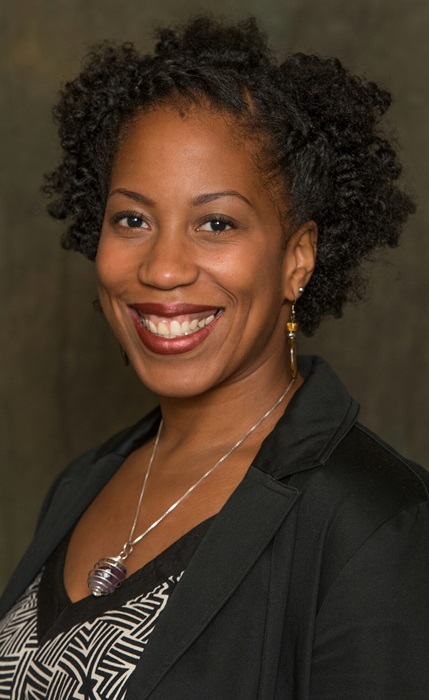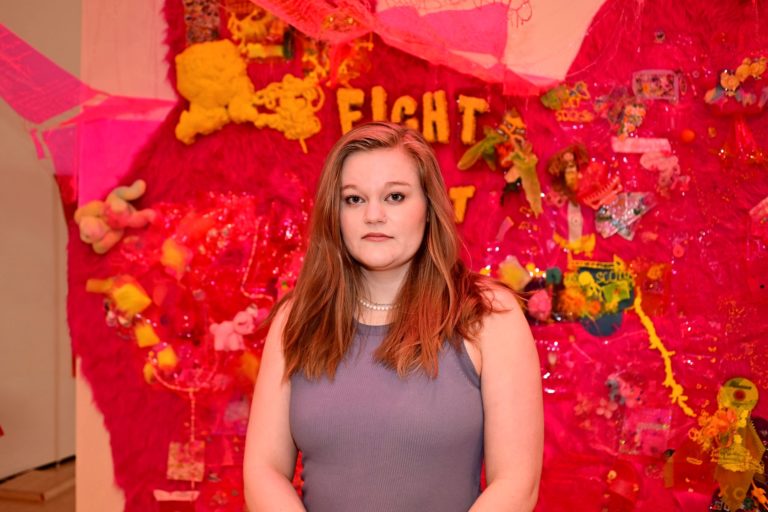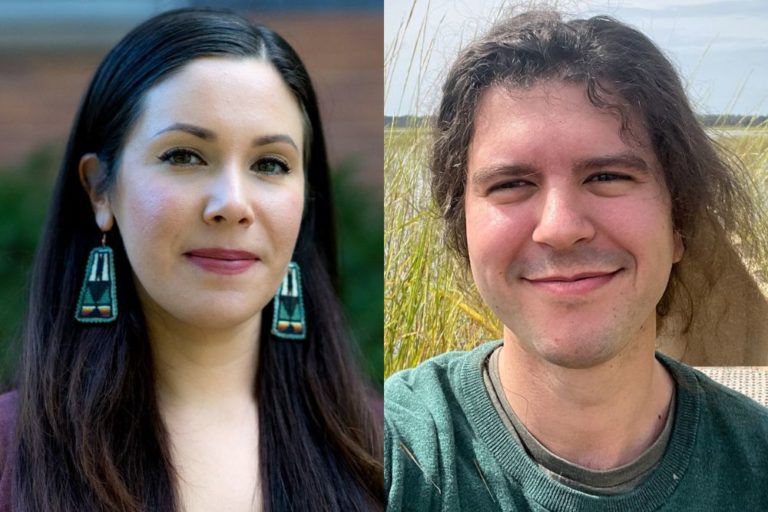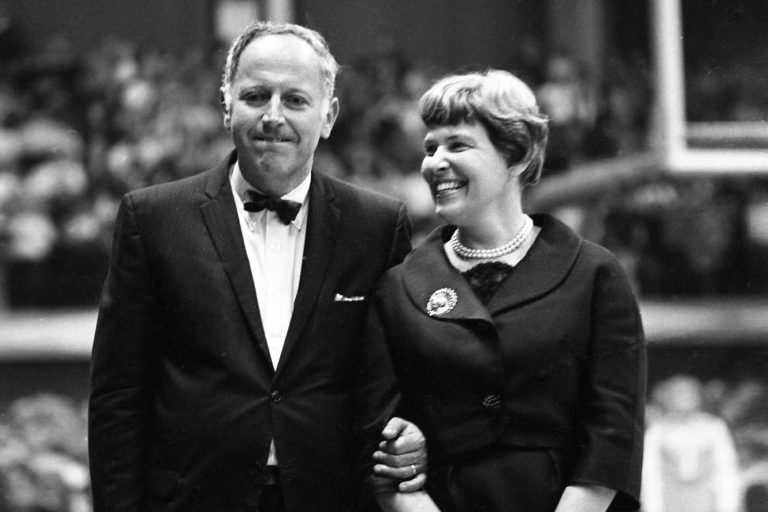Originally published on MSU Today.
Rashida Harrison is an Assistant Professor of Social Relations and Policy in James Madison College. She earned her doctorate in African American and African Studies with foci in Sociology and Literature at Michigan State University. She has a B.A. in Africana Studies with a minor in Sociology from Cornell University. Harrison’s teaching reflects her interest and includes courses on social theory, social movements, intersections of race, class, gender, and sexuality; global citizenships; and race and citizenship.
In 1926, Dr. Carter G. Woodson, the father of Black Studies, initiated the first “Negro History Week,” which would evolve into Black History Month here in the United States in 1976. For many people, it is an important commemoration of the long-standing contributions of African Americans in this country. However, one month cannot capture the myriad of ways that Black people continue to serve, create, and drive the country forward. Our continuous movement cannot occur without the historical relationships built with other ethnic and racialized communities that continue to resist white supremacy as a frame for how we live our lives.

I am excited to share that in keeping with Michigan State University’s commitment to equity and inclusion, MSU will continue to host the Race in 21st Century Americas Conference this spring, March 25-30, 2022. This year, our theme is, “Race and Rights: Empowering Our Communities.”
Many in the MSU community may remember that the Race in 21st Century America Conference is a biannual conference, first held in 1999, both led and founded by Professor Emeritus Curtis Stokes.
The Race Conference brings together leading scholars and community activists across the Americas, with a diversity of racial, ethnic, and ideological approaches, in order to have important conversations about race. It is fundamentally designed to investigate systems of power that maintain racial stratification throughout the Americas.
As a long-standing Spartan, having completed my Ph.D. in the then African American and African Studies program, the “Race Conference” as many of us refer to it, was an important educational and professionalizing experience. Because of the conference, I have had the opportunity to present and moderate discussions and chat with important scholars, activists, and policymakers working to address racial disparities in the United States.
Welcoming people who have spoken on our campus such as Frank Wu, Manning Marable, Julienne Malveaux, Ward Churchill, Rashida Tlaib, Michelle Alexander, and MSU’s own Distinguished Professor Pero G. Dagbovie, to name a few, inspires me in the work I do.
As the committee and I work to reinvigorate the reach and range of the conference, an important expansion of our lens is to include all the Americas. The salience of race, constructions, and understanding of race as an organizing tool cannot be limited by the creation of national borders on indigenous land.
This year’s conference will take a hybrid approach, starting with a student day at the MSU Union on Friday, March 25, several virtual keynote watches over the weekend, and then virtual talks and workshops from March 29-30.
Our major speakers include Naima Penniman from Soul Fire Farms, Shane Bernardo of Detroit-based “Food as Healing”, Dr. Keisha-Khan Perry, and Dr. Vijay Prashad. We have several student groups from James Madison College including the W.E.B. Dubois Society, the Prison Reform Advocacy Group, and the Spartan Food Security Council working with us to foster important dialogue around campus.
Stay tuned for more information in the coming weeks.


